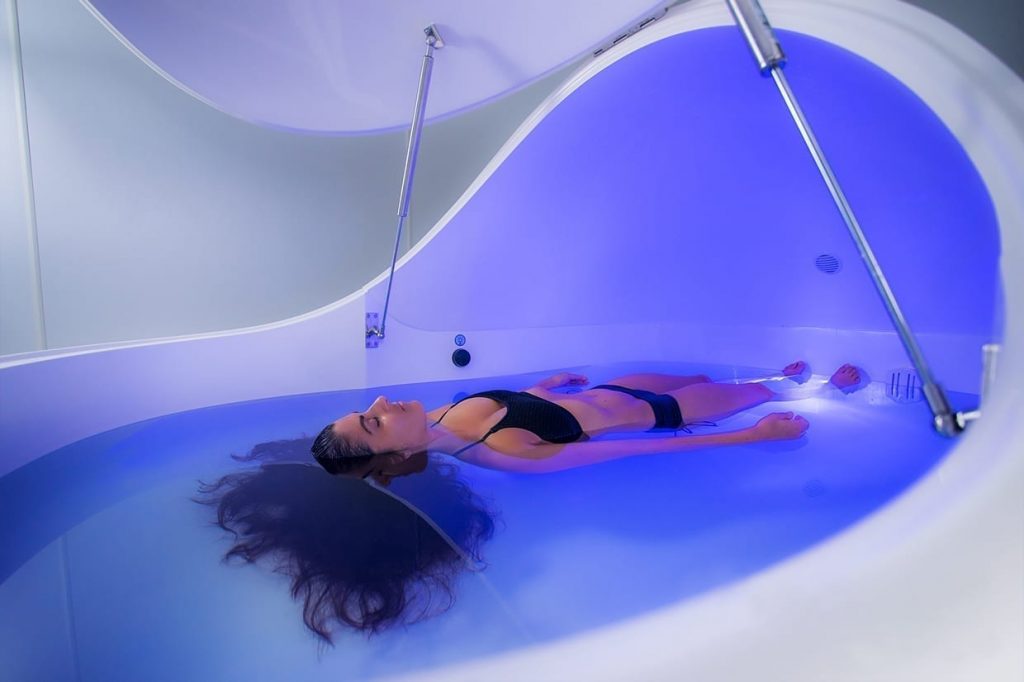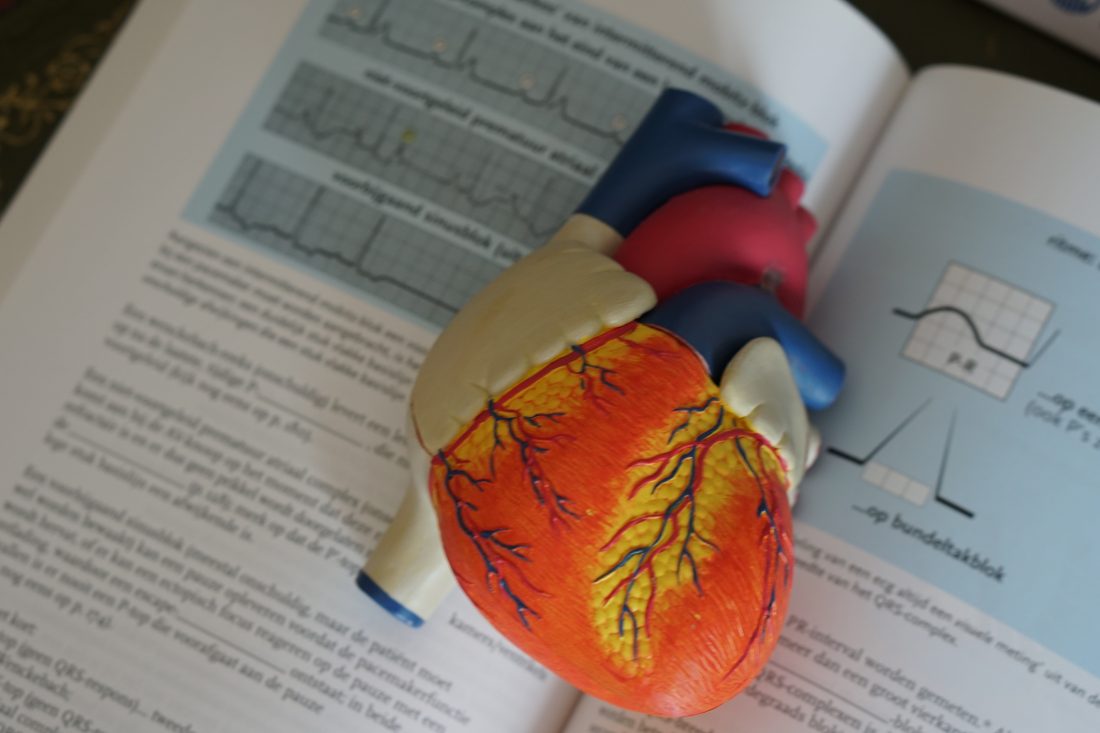Alcohol detox is often the first step in overcoming alcohol addiction, but traveling, often abroad can aid the process in combating alcohol abuse. Exploring new places and cultures not only provides a break from daily routines but also offers opportunities for personal growth, new experiences, and healthier lifestyle choices.
One of the primary benefits of traveling is the opportunity to break free from familiar environments that may trigger cravings for alcohol. For many individuals struggling with alcohol addiction, certain places, people, or routines can evoke strong associations with drinking. Traveling disrupts these patterns, allowing individuals to create new memories and associations in different settings. This change of scenery can be refreshing and liberating, providing a mental reset that is often necessary for recovery.
Traveling also encourages individuals to engage in activities that promote physical health and well-being. Many travel experiences involve outdoor activities such as hiking, swimming, or exploring local markets, which can foster a more active lifestyle. Physical exercise is known to release endorphins, the body’s natural mood lifters, which can help alleviate symptoms of anxiety and depression—common issues for those recovering from alcohol abuse. By replacing drinking with healthier activities, individuals can begin to rebuild their lives in a positive direction.
Moreover, travel often leads to increased social interaction. Meeting new people and experiencing different cultures can foster a sense of community and belonging that may have been lacking during periods of alcohol abuse. Engaging with others in a non-drinking context can help individuals build meaningful relationships based on shared experiences rather than alcohol consumption. These connections can provide vital support during recovery, as individuals can find encouragement and camaraderie among fellow travelers.
Additionally, traveling offers a unique opportunity for self-discovery and personal growth. Being in unfamiliar environments can challenge individuals to step outside their comfort zones, fostering resilience and adaptability. This process of self-discovery can lead to greater self-awareness and understanding of one’s motivations and behaviors. As individuals explore new cultures, they may gain insights into their own lives and values, helping them to reassess their relationship with alcohol and make healthier choices moving forward.
Traveling can also provide a sense of adventure and excitement that is often missing in the lives of those struggling with alcohol abuse. Alcohol may have previously been a means of seeking thrill or escape, but travel offers a healthier alternative. The joy of discovering new places, trying new foods, and immersing oneself in different cultures can create a sense of fulfillment and happiness that can replace the temporary highs associated with drinking. This newfound sense of adventure can inspire individuals to seek out other fulfilling activities that do not involve alcohol.
Furthermore, travel often encourages mindfulness and presence. When exploring a new destination, individuals are typically more engaged and focused on their surroundings. This mindfulness can help reduce stress and anxiety, which are common triggers for relapse. By practicing being present in the moment—whether it’s savoring a local meal, appreciating a beautiful landscape, or interacting with locals—individuals can cultivate a more positive mindset that supports their recovery journey.
Another important aspect of traveling is the opportunity to learn and grow through exposure to different lifestyles and perspectives. Many cultures have unique approaches to health and well-being, and interacting with these practices can inspire individuals to adopt healthier habits. For example, some cultures prioritize communal meals, physical activity, and mindfulness, all of which can contribute to a more balanced lifestyle. This exposure can motivate individuals to seek out similar practices in their own lives, reinforcing their commitment to sobriety.
Traveling can also serve as a powerful reminder of the world’s beauty and diversity. For those recovering from alcohol abuse, it can be easy to fall into a negative mindset, focusing on past mistakes or struggles. However, witnessing the wonders of the world can inspire hope and positivity. Whether it’s standing atop a mountain, walking through ancient ruins, or relaxing on a serene beach, these experiences can reignite a sense of wonder and appreciation for life, encouraging individuals to embrace a future free from alcohol.
Finally, planning and embarking on a trip can provide a sense of purpose and motivation. Having a travel goal can be a powerful motivator for individuals in recovery, giving them something to look forward to and work towards. The anticipation of exploring new places can help individuals stay focused on their recovery journey, reinforcing their commitment to a healthier lifestyle.
Traveling can be a transformative experience that significantly aids in combating alcohol abuse. By providing a break from familiar triggers, promoting physical activity, encouraging social interaction, and fostering self-discovery, travel offers numerous benefits for those in recovery. The excitement and adventure of exploring new places can replace the need for alcohol, while the mindfulness and positivity gained from these experiences can support long-term sobriety. For individuals seeking to overcome alcohol addiction, embracing the world through travel may be one of the most rewarding paths to healing and growth.


